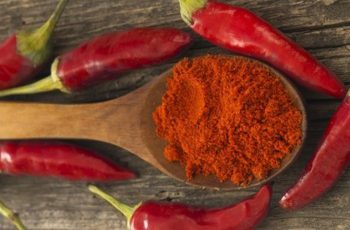Natural Remedies For Acne That Will Clear Your Skin
Acne affects more than 50 million people in the United States. This has resulted in a multibillion-dollar industry inundated with products that claim to permanently cure acne. But, if they all worked, why do so many individuals still suffer from acne?
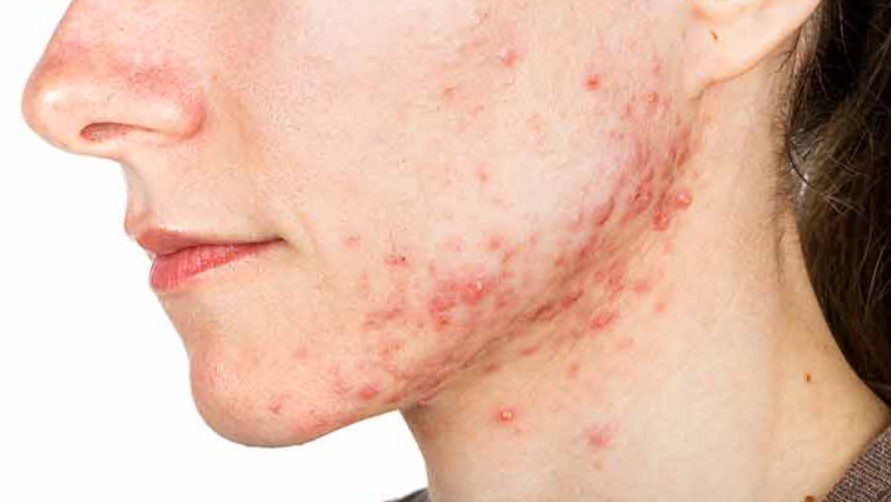
Acne has existed for as long as people have, and mother nature has provided numerous tried and tested acne cures.
Here are some natural acne cures that have been shown to work.
1. Aloe Vera
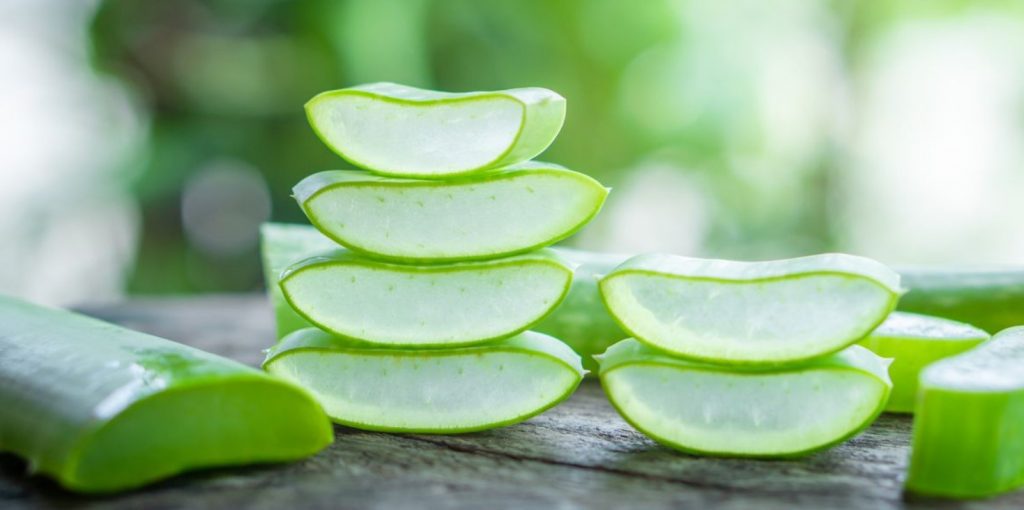
Aloe vera is one of the world’s oldest therapeutic plants. It can be used to cure wounds and burns, and it can also be used to treat acne naturally. Aloe vera, combined with sulfur and salicylic acid, has anti-inflammatory and antibacterial effects.
Aloe vera can be harvested directly from the plant by snapping a stem in half and applying the gel to the skin as a moisturizer. If you don’t have a green thumb, it’s critical to purchase genuine aloe vera gel rather than the processed bright green stuff commonly seen in supermarkets.
2. Apple Cider Vinegar
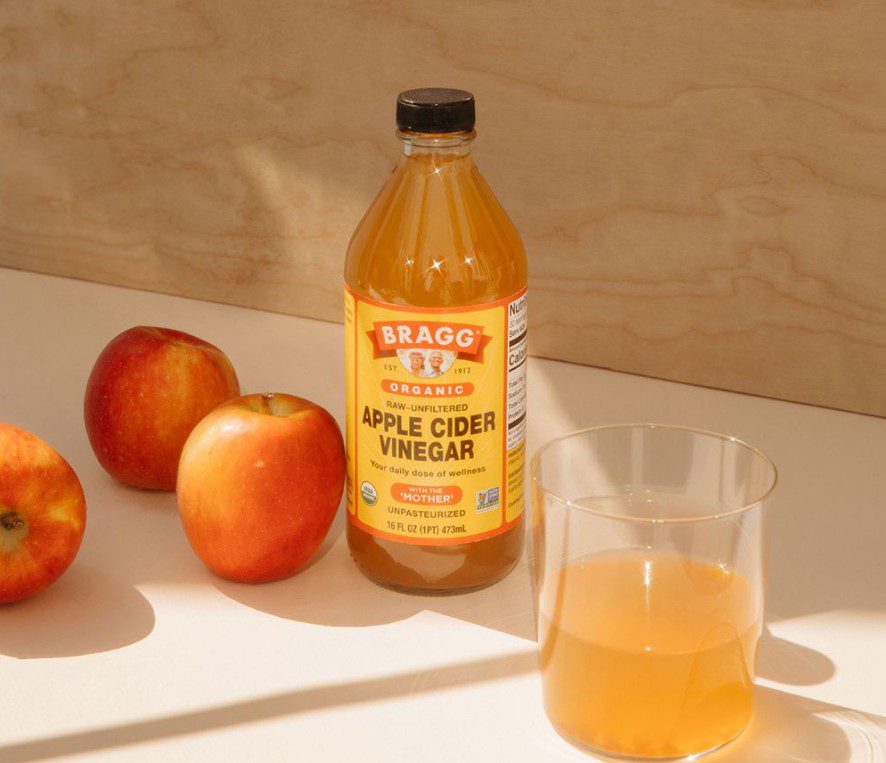
Apple cider vinegar is most recognized for its gut-healing properties, but it’s also a popular toner and ingredient in homemade face masks. Apple cider vinegar is a strong vinegar that has been shown to effectively cure acne.
Lactic acid, in particular, is a widely used ingredient in skincare products. Lactic acid is a natural alpha hydroxy acid that works as a chemical exfoliant to reduce the look of acne, wrinkles, and dark spots on the skin.
You may use apple cider vinegar as a toner by applying it with a cotton pad as you would any other toner. It can also be mixed with clay to make a mud mask. Allow yourself to ease into using apple cider vinegar, as it might dry up the skin, leading to more acne.
3. Tea Tree Oil
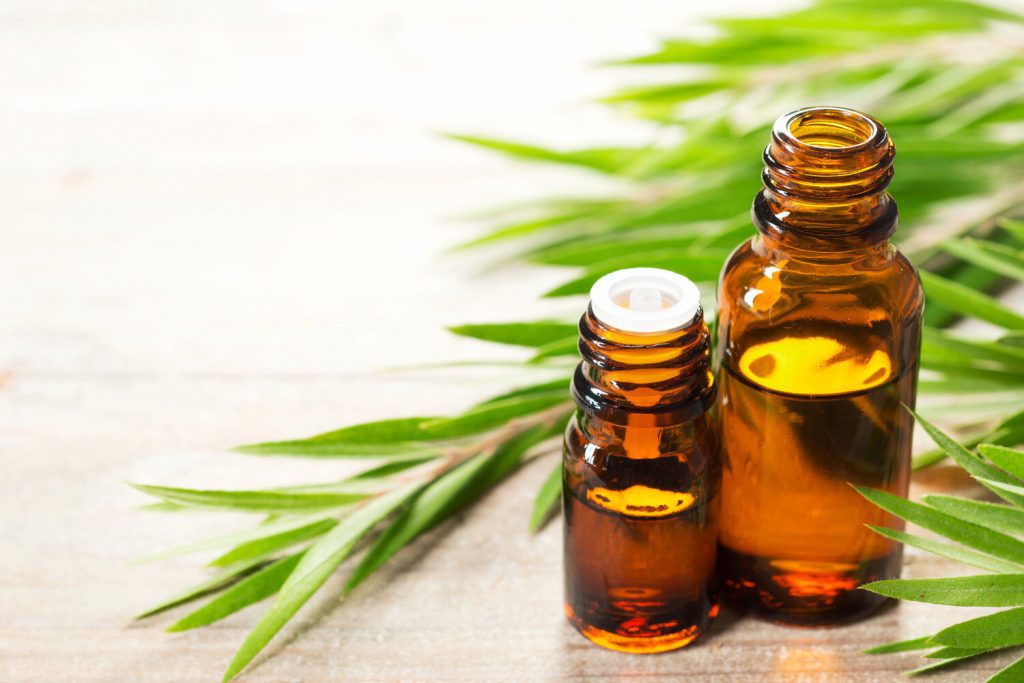
Tea tree oil is an essential oil that has a wide range of therapeutic properties. It’s one of the most reliable natural skin-clearing therapies. It contains anti-inflammatory and antibacterial characteristics that aid in the reduction of redness and the elimination of acne-causing impurities.
Tea tree oil is quite potent, and if applied directly to sensitive skin, it can be harmful. Before you start using it, you should do your homework and look for more information. Many experts advise diluting it first with a healthy carrier oil such as rosehip or coconut to observe how your skin reacts.
4. Rose Oil
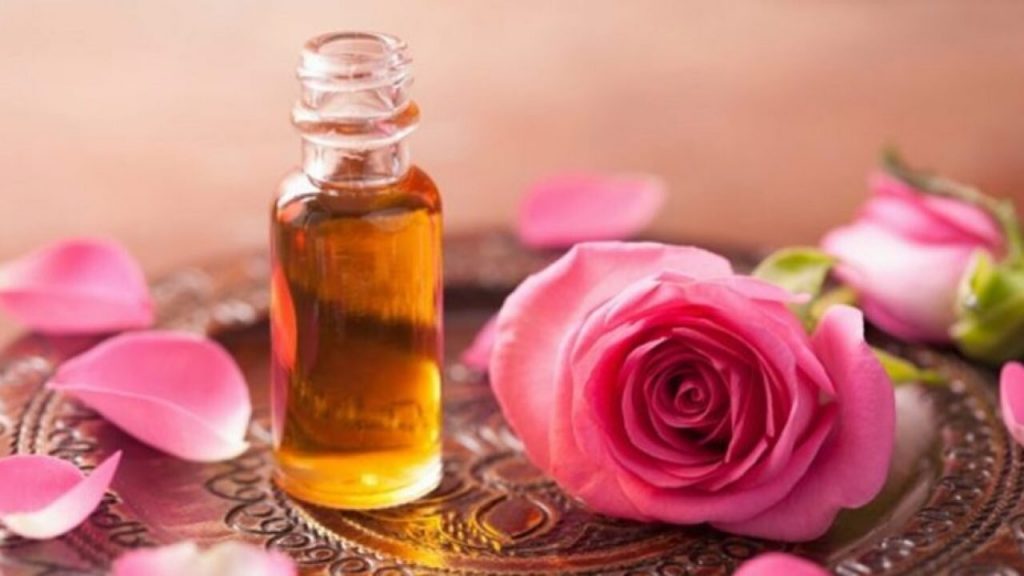
Rose oil has been used as an elixir for beautiful skin for millennia. Rose oil has a number of well-documented skincare benefits, including acne relief. Rose oils might be confusing to buy because there is rosehip oil and rose essential oil, which are two separate things.
Only rose petals are used to manufacture pure rose oil, and it is estimated that 60,000 rose petals are required to make one ounce of essential rose oil. As a result, it is a very costly and exquisite essential oil. Rose oil has chemicals that help regulate your skin’s natural oil production, which is a typical problem among acne sufferers.
The seed of the rose plant, not the petal, is used to extract rosehip oil. The various properties produce various skincare advantages. Rosehip oil is abundant in vitamin A and vitamin C, both of which are powerful antioxidants. Rosehip oil, unlike rose oil, is thicker and can be used as a moisturizer for a dewy complexion.
If you know someone who might like this, please click “Share”!


